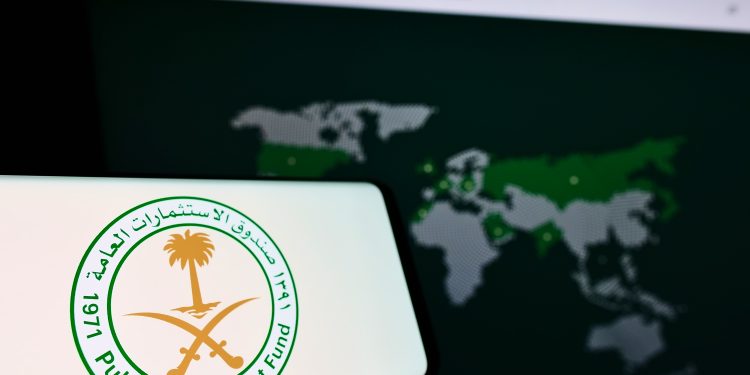Saudi Arabia’s sovereign wealth fund, along with five other major funds in the Gulf, is expected to manage $18 trillion in assets by 2030, reflecting a 50% increase from 2024. This surge underscores the region’s growing influence, as Gulf funds now account for about 40% of global sovereign wealth assets.
According to recent analysis, Saudi Arabia’s Public Investment Fund is among the world’s largest, managing $925 billion. Other significant players include Abu Dhabi Investment Authority, Kuwait Investment Authority, and Qatar Investment Authority, each holding hundreds of billions in assets. Together, these funds are recognized for their leadership in investment strategy and operational standards.
Gulf sovereign funds maintained a rapid investment pace, deploying $82 billion in 2023 and $55 billion in the first three quarters of 2024. The region’s key funds—PIF, ADIA, Mubadala, Abu Dhabi Developmental Holding, and QIA—are shaping the investment environment both locally and globally.
Globally, the number of sovereign wealth funds has nearly tripled since 2000, reaching up to 170, with several new entrants established in recent years. A notable trend is the shift in focus toward fast-growing markets, particularly in Asia. Gulf funds have increased their investments in Asian economies, especially China and India, and have opened new offices in the Asia-Pacific region.
In the first nine months of 2024, Gulf investors placed around $9.5 billion into China, with some becoming leading shareholders in Chinese firms. This move takes advantage of reduced Western investment and leverages strong regional ties with Beijing. Gulf funds are also exploring opportunities in Africa, particularly in mining, with significant capital directed toward high-risk ventures.
Alongside traditional funds, new investment vehicles such as “Royal Private Offices” are emerging, controlling substantial assets and further diversifying the region’s investment landscape.
To stay competitive, Gulf wealth funds are focusing on improving performance, risk management, and governance. They are increasingly proactive in portfolio management, demanding better reporting and participating more actively in company boards. This drive has intensified competition for skilled professionals, with Gulf funds offering attractive packages to experienced talent from leading global institutions.
Governments in the region are also establishing new, domestically oriented funds to co-invest with international partners. While geopolitical and market uncertainties remain, these challenges are expected to encourage further innovation and efficiency in the management of sovereign wealth assets.


